Camping is a fun activity for you and your family to do and spend some time away from all the distractions. Regardless of the season, camping is an excellent way to reconnect with nature and to relax your mind in an environment that is not congested with noise and other distractions in the city. Camping is a natural and very therapeutic way to relax your brain by tapping into the healing powers of the outdoors.
Carrying around a tent and other camping gear can be quite tiresome, which is why some people have sought alternatives to camping without tents. A tent is meant to keep you safe from the wind and rain and also to keep you warm when it’s chilly outdoors. At times, people want an alternative to tents as a challenge to having a more natural set up. An excellent alternative to tents should play the same role as the tent does, which is to keep you warm and dry and to make a good shelter for you. Despite tents being the best and most popular option to consider, there are other alternatives to them which are just as effective and less bulky. These alternatives allow you to travel fast and light, and they serve you as well as tents would.
Tent Alternatives
Bivouac sack
The bivvy sack, as it is commonly known, is a nylon sleeve used mostly for slipping your sleeping bag when going camping. Mountaineers commonly use the bivouac sack as it is weatherproof and life-saving alternative, especially on exposed ledges. It can withstand wet winter and super-cold conditions, making it a perfect choice for comfortable camping in any situation. Bivouac sacks come with a mosquito netting, and a miniature pole used to create a dome around your face when sleeping. The bivvy bag is a minimalist waterproof cover for your sleeping bag, which can go inside or underneath the bivvy bag depending on its model. This is the perfect solution if you are looking to prioritize minimum weight over comfort.
Tarp
Tarps have been used by boy scouts over the years to set up a camp, and the alternative is gaining more popularity over the years. Despite them being a little difficult to set up, they are the best option of portable shelters there is to tents. Once you find your way around setting up camp under a tarp, you’re guaranteed shelter from rain and wind as well as give you the privacy you need in the campground. In case you find yourself far from a gear shop or a store for purchasing a tent and other camping gear, it is most probable that you will easily find a tarp, and as long as you know how to use one, then camping will still be fun.
Hammock
It is very tiresome to carry poles around when going camping, mainly because there are millions of trees in the forests where you go camping. New-fangled hammocks are made from the same material that was used in making traditional tents. The ultra-light and very strong nylon make your camping experience, not any less special, as it would have been with a real tent. Most of these hammocks come with a cover that can be zipped up to keep you safe from the elements of nature while camping. The hammock is also very convenient to carry around as it can be packed up into the size of a football, which is not bulky.
Tent alternatives for full survival mode
At times, people go camping as a way to connect with nature and to avoid distractions from the outside world. People who go camping with the intent of entering full survival mode do not require tents or sleeping bags and the following options are perfect for them;
Trench shelter
The idea behind a trench shelter is having protection from the rain. A trench shelter can be easily made using snow to make two identical walls. The top can be closed to protect you from rain, especially during the rainy season. A trench shelter provides excellent protection from wind, snow and rain, and the desired warmth at night.
Quinzhee
This building idea is a very simple and perfect alternative to tents. It is similar to an igloo and is made using a snow pile in which you make a hole in its middle. The quinzhee, however, requires a lot of skill to make, and there is a risk of collapsing during the night. It is, however, very effective if constructed by a skilled camper.
Tips for Camping Without a Tent
The most important thing is to find a suitable shelter because it is very probable that it will be windy at night even if there is no rain. Find a position where you will be safe from the wind, and that is away from water to avoid bugs and other animals that may come to drink water at night. You need to set up in a popular park or a place that is safe to avoid getting attacked by bears at night. It is also advisable to ensure that there is no poisonous plants where you want to set camp. You can use a bug spray to be sure that no bugs will crawl in your sleeping space if need be.

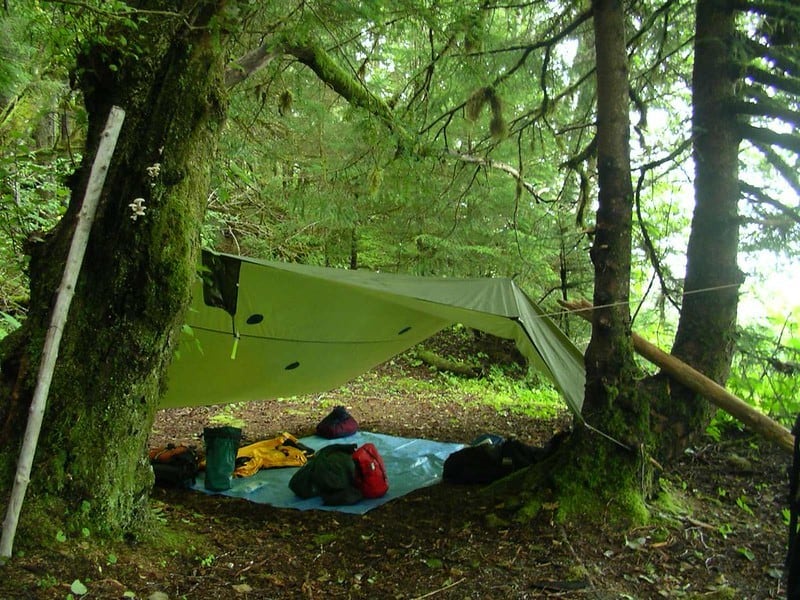
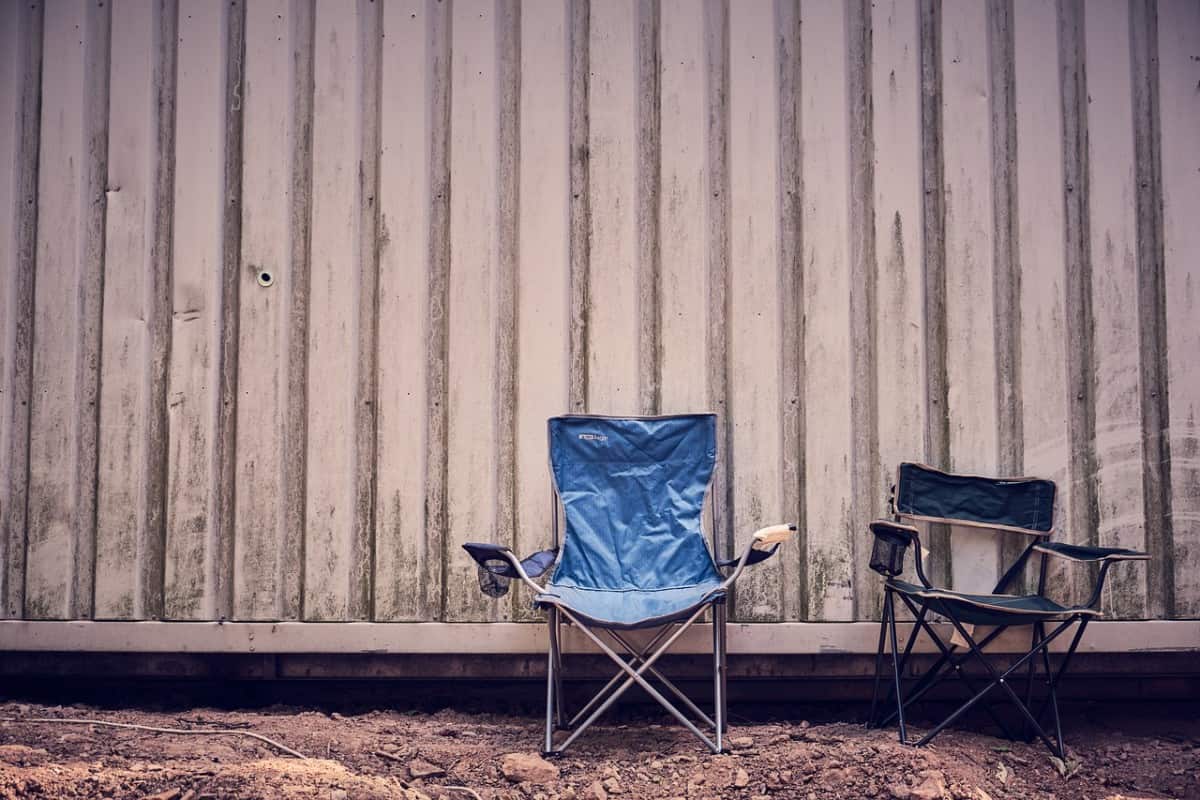

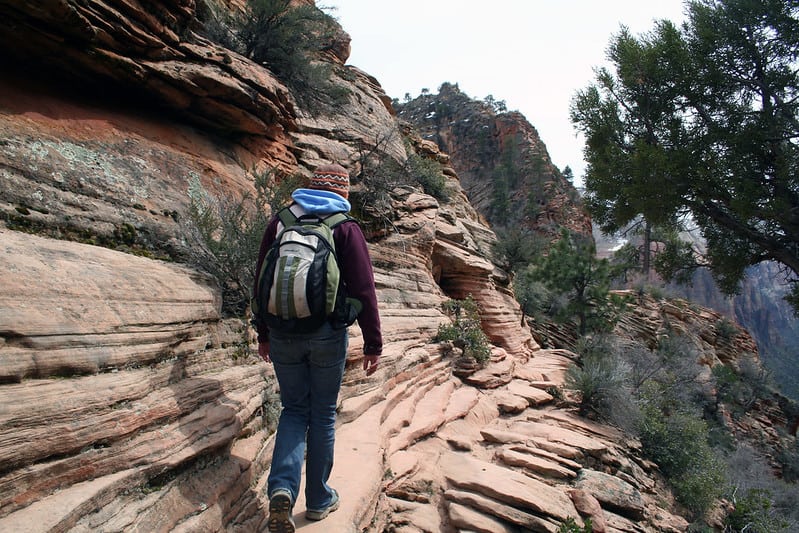
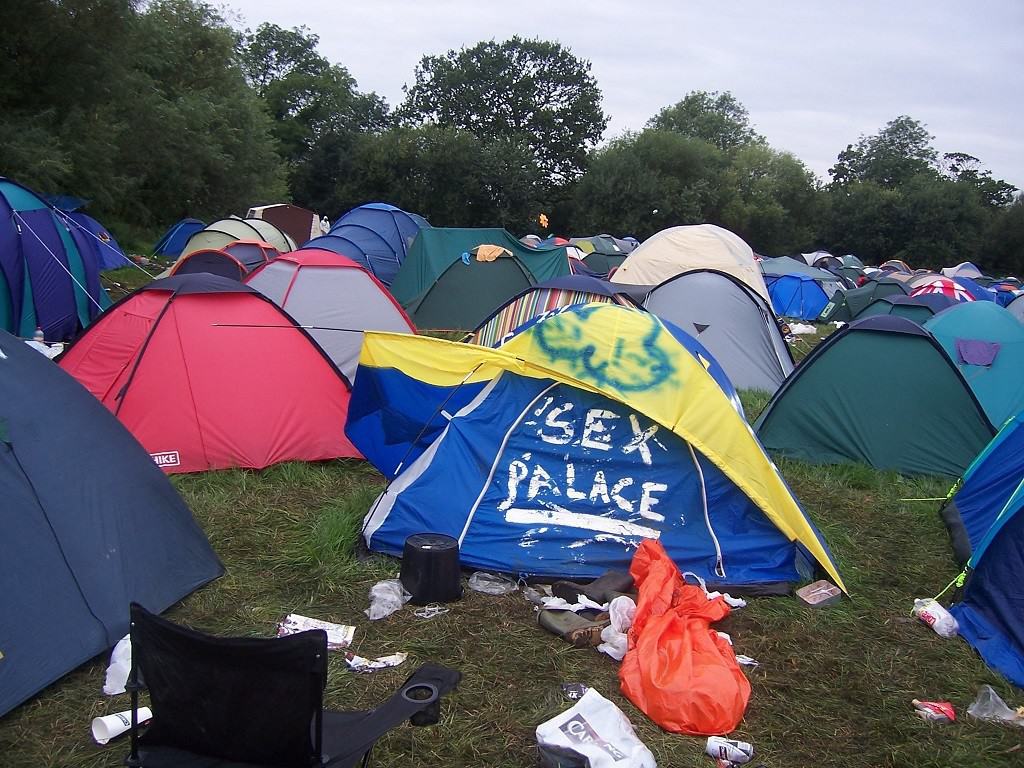

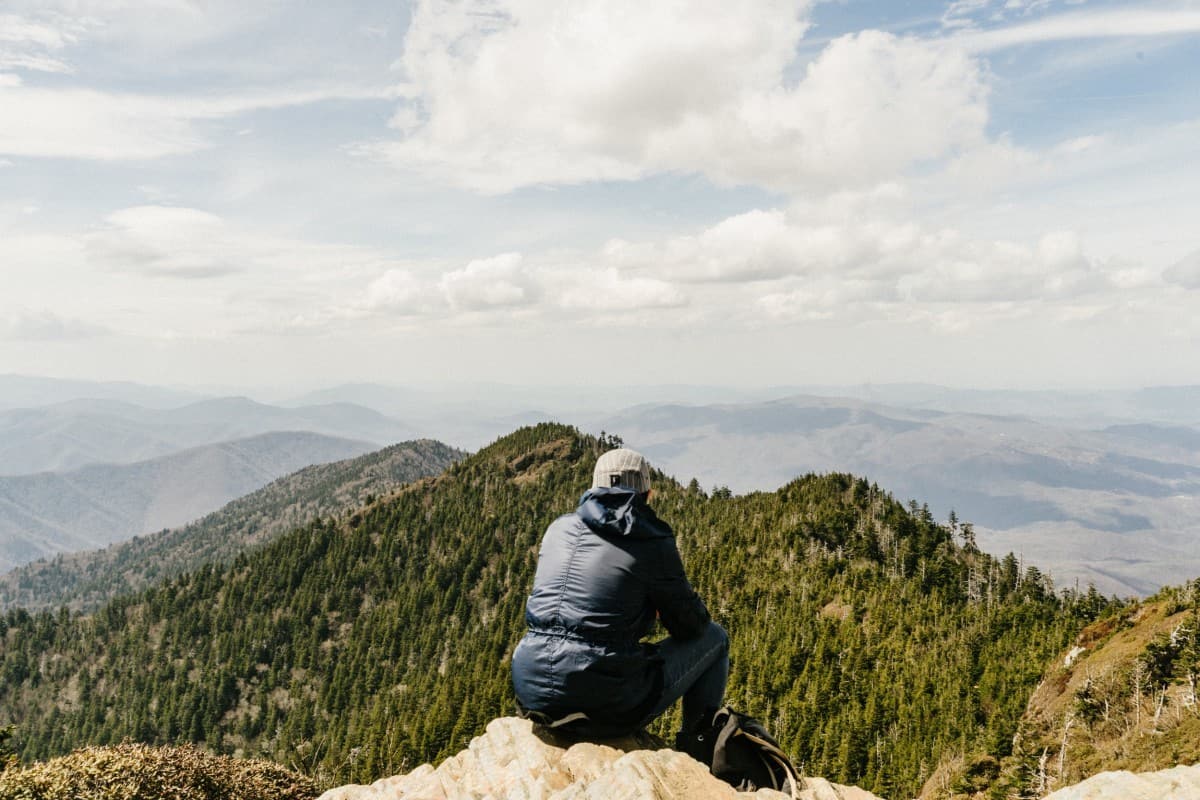
Leave a Comment